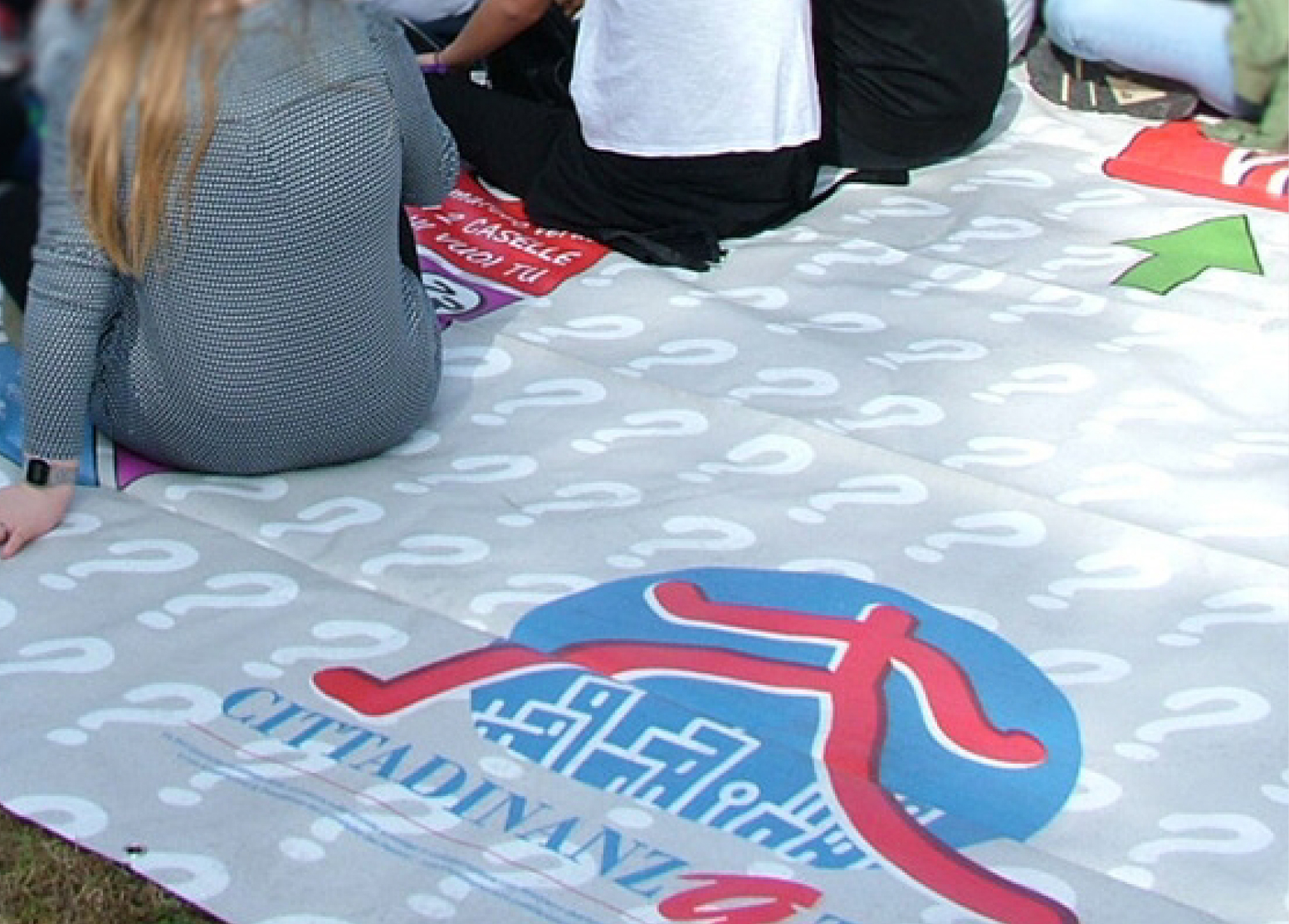A journey through the Italian courts.
Presented the first civic rating on civil courts promoted by Cittadinanzattiva.
Very little basic information, to the South the most obvious shortcomings
Entering in an Italian court, which services the citizens would need and what they really find? From Trieste to Enna, via Alexandria, Milan, Modena, Cagliari, Naples, Taranto and Lamezia Terme, places of justice have all come under the lens of citizens, thanks to the journey made in recent months by Cittadinanzattiva in nine civilian courts to evaluate, from a civic point of view, aspects such as information and communication, access, respect, quality and participation. The "report" of the journey is included in the Report on the Evaluation of civic civil courts, presented May 23, 2012 in Rome by Cittadinanzattiva at the Press Room of the Senate and available online on www.cittadinanzattiva.it, along with an overview of dysfunctions and faults of the Italian justice reported by citizens in the fourth Report PIT justice "Processes longer and longer, and in times of crisis increases the causes of work and pensions, and against property".
The image that emerges is that of the closed door, the inaccessible palace, more than in other areas of public administration, to ordinary citizens: there are offices relations with the public, the internal signals of the offices is frequently insufficient to guide the 'user, there are no pamphlets or brochures, nor you can request online copy of records or documents.
And yet, for the request of documents you proceed to line up at random in two-thirds of the courts in a case of two are not adequate parking available close to the hotel, it lacks the cultural mediation service everywhere and as interpreting services for foreigners is only available in one third of cases. The Service Charter is absent in more than half of the Courts analyzed, as well as the Corporate Social Responsibility Report.
The I° civic rating of 9 Courts is a novelty in the national context and is the result of an experimental project conducted by the network of Active Citizenship "Justice for the rights" with the support of the Agency for the Evaluation of civic Cittadinanzattiva, in collaboration with the 'National Association of Magistrates (ANM) and the Association Executives of Justice. For the first time, citizens, properly trained, have entered the civil courts, to assess the quality of the service provided, through interviews with managers and direct observation of as many as 59 indicators including for example: the presence or absence of URP and website court, sign and display information, information on waiting times, accessibility local communication mode for the postponement of the hearings, the presence of cultural mediation services; analysis of complaints and measures followed to the same; annual report of the activities and results; forms of consultation and participation of civic organizations.
The proposal: Should be open the doors to the public and to forfeit the image of the court as an inaccessible place. How? For example, adopting civic evaluation as methodology in all courts, defining a structured relationship between URP and civic organizations, developing budgets and social services cards which are not self-referential forms of communication but the result of collaboration with stakeholders, encouraging the participation of citizen at the opening ceremonies of the judicial year. The goal is to implement a modern and innovative role in the civic government of justice provided for by article 102 of the Constitution.












